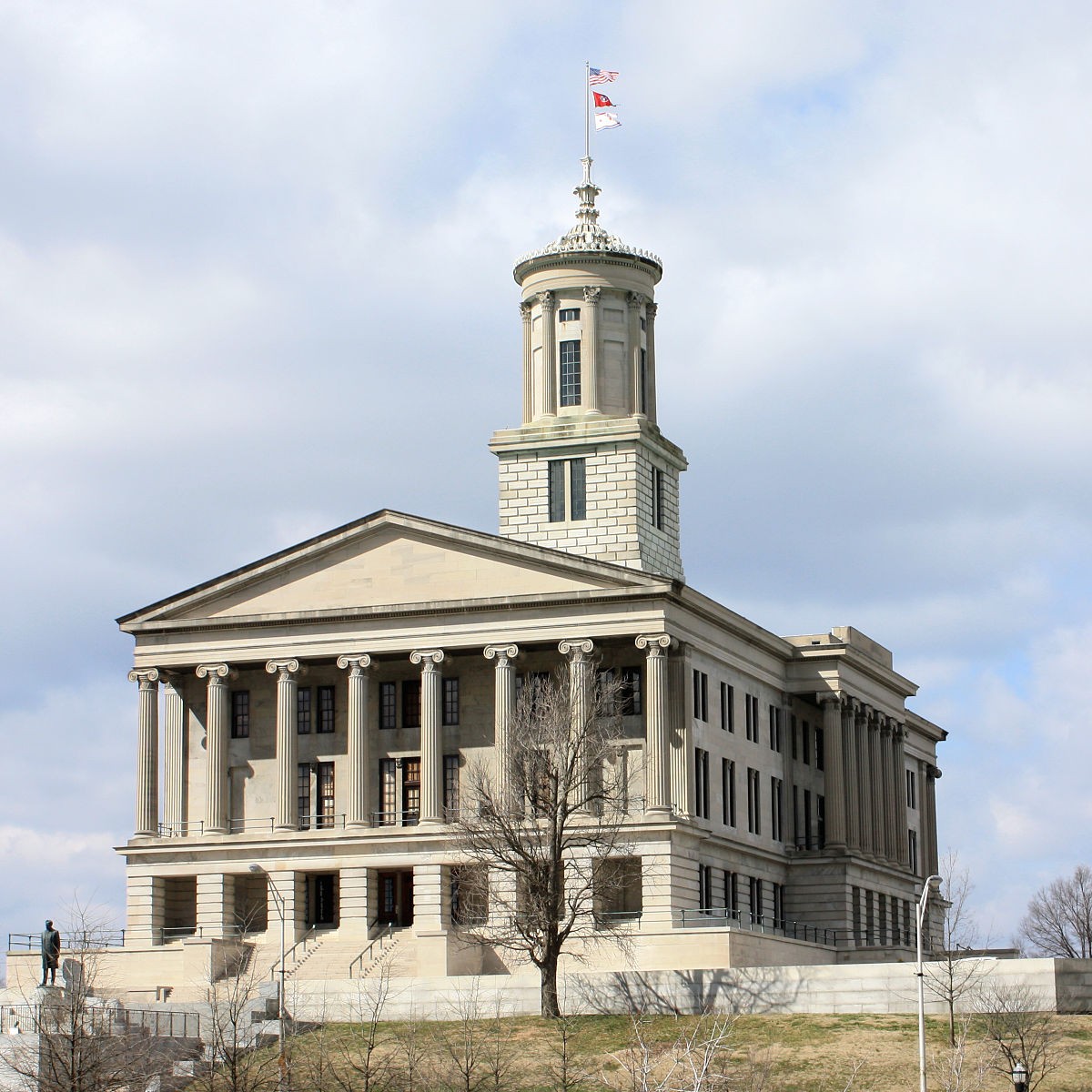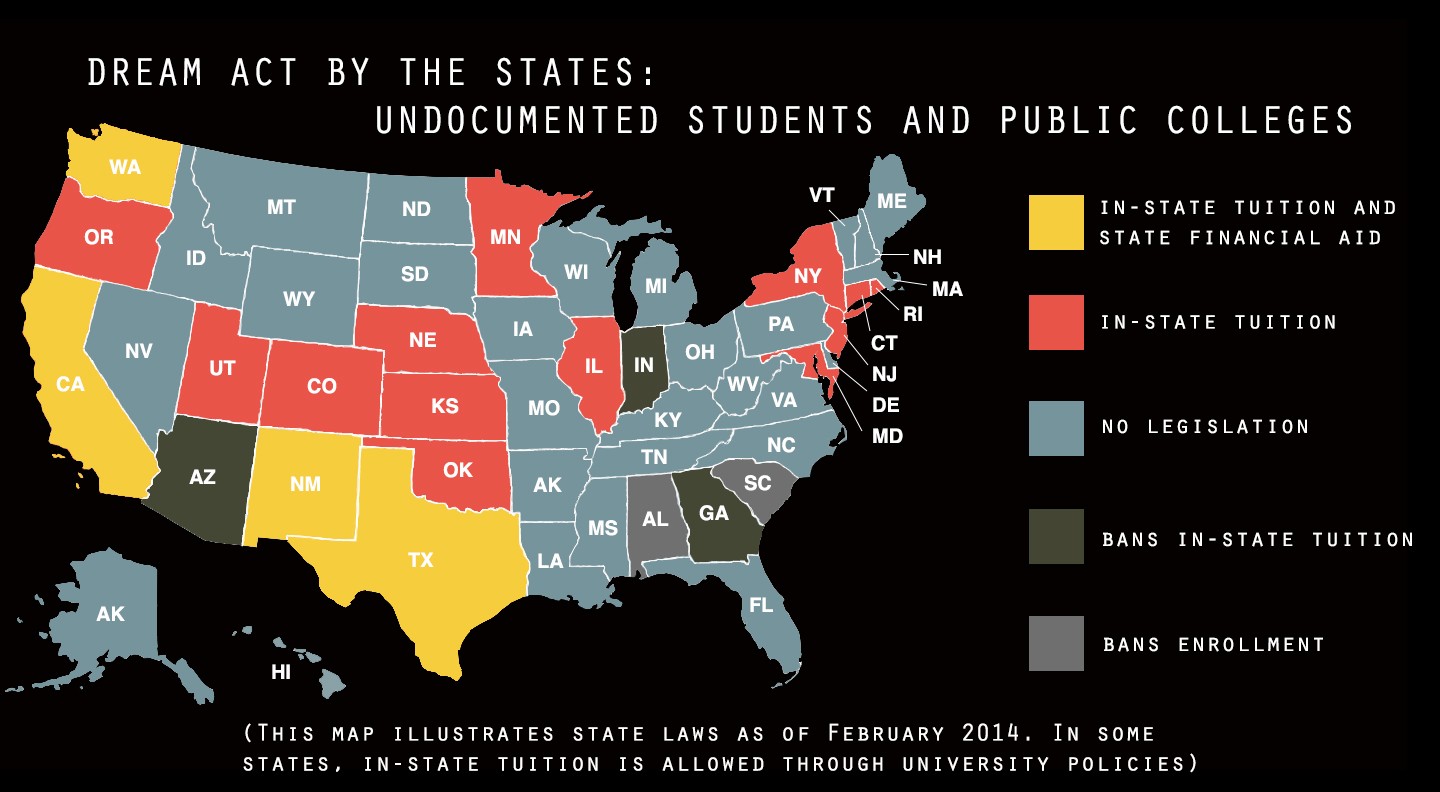There is no social concern that a new law can’t solve. So in the absence of public policies to help the poor, Tennessee lawmakers created a new class of criminal: the aggressive panhandler.

A law went into effect July 1st that prohibits behavior already covered by other state laws, such as following someone who doesn’t want to be followed (stalking) or touching someone who doesn’t want to be touched (assault).
If you think this law is about anything other than protecting business interests in trendy areas, listen to what the sponsors said as the bill moved through the legislature.
“We have an interest in promoting tourism,” said the Senate sponsor, Republican Brian Kelsey of Germantown. “If individuals fear harm to their person because of aggressive panhandling, then they will no longer come here for tourist events and we will lose those state tax dollars associated with those events.”
House sponsor Raumesh Akbari was more direct. “What we’re really trying to get to … there are certain areas in Memphis that are on the upswing,” said the Memphis Democrat, mentioning downtown specifically. “I actually had a constituent who was punched by a panhandler,” Akbari said.
Anecdotes should not be the basis for public policy. But when it comes to ways to punish the poor and prioritize profits over people, if one law is good, then more are better.
In the Senate judicial committee, Memphis Democrat Sara Kyle was the lone voice of concern. “This seems awfully subjective,” Kyle said, wondering how the law would be enforced. “Isn’t this ‘he said, she said’?”
Kelsey had no such qualms. “At the end of the day, that’s going to be an issue for the prosecutor to prove,” he said.
The first violation is a Class C misdemeanor. A second violation is a Class B misdemeanor, punishable by up to 90 days in jail.
To her credit, Akbari toned down Kelsey’s bill with two amendments.
“If I’m standing still and you walk past me and I kindly ask you to give me a dollar, that’s not aggressive,” she said in a House criminal justice subcommittee. “If someone happens to be intoxicated and says, ‘Please, sir, do you have a dollar to spare,’ that’s not aggressive, just because they happen to be intoxicated while doing it,” she said.
In the end, the bill passed with only one no vote.
Peter Gathje, who helps run the homeless ministry Manna House, had harsh words for the law’s supporters. “Most people’s discomfort around panhandlers is that panhandlers are visible and sometimes verbal reminders that our society is messed up,” he wrote on Facebook.
“If I’m downtown enjoying myself, going out for dinner and drinks, I don’t want to feel like I am that well-dressed and well-fed rich guy in the Bible who went to hell because poor Lazarus didn’t even get the scraps from my table,” he wrote.
Gathje quotes Matthew 5:42, in which Jesus says: “‘Give to the one who asks you, and do not turn away from the one who wants to borrow from you.’ But then downtown merchants, political leaders, and even a few clergy say, ‘If you give to panhandlers you’re just enabling drug abuse or alcoholism or laziness.'”
Said Dr. Martin Luther King Jr., whose last mission was to unite people across racial lines in pursuit of economic justice: “True compassion is more than flinging a coin to a beggar; it comes to see that an edifice which produces beggars needs restructuring.”
Pay attention to King’s choice of words. Panhandlers are produced. They are the creation of a nation in which most of the jobs being created pay less than a living wage. They testify of cities where mental health counseling is scarce, substance abuse treatment is nonexistent, and a night at the city’s largest shelter costs more than $5.
They speak to the nose-chopping, face-spiting cruelty of the Republican legislators who, despite the pleas of thousands of constituents, refused to accept federal dollars to expand Medicaid, costing lives and billions in forfeited revenue.
“In the absence of housing or even shelter, we pass laws stigmatizing those who stand and ask for money,” Gathje wrote.
Take comfort in this: If there is divine reckoning at the end of our days, legislators who turned their backs on the poor will themselves have to beg — for forgiveness and for mercy.

 Justin Fox Burks
Justin Fox Burks 

 Tlovely | Dreamstime.com
Tlovely | Dreamstime.com 


